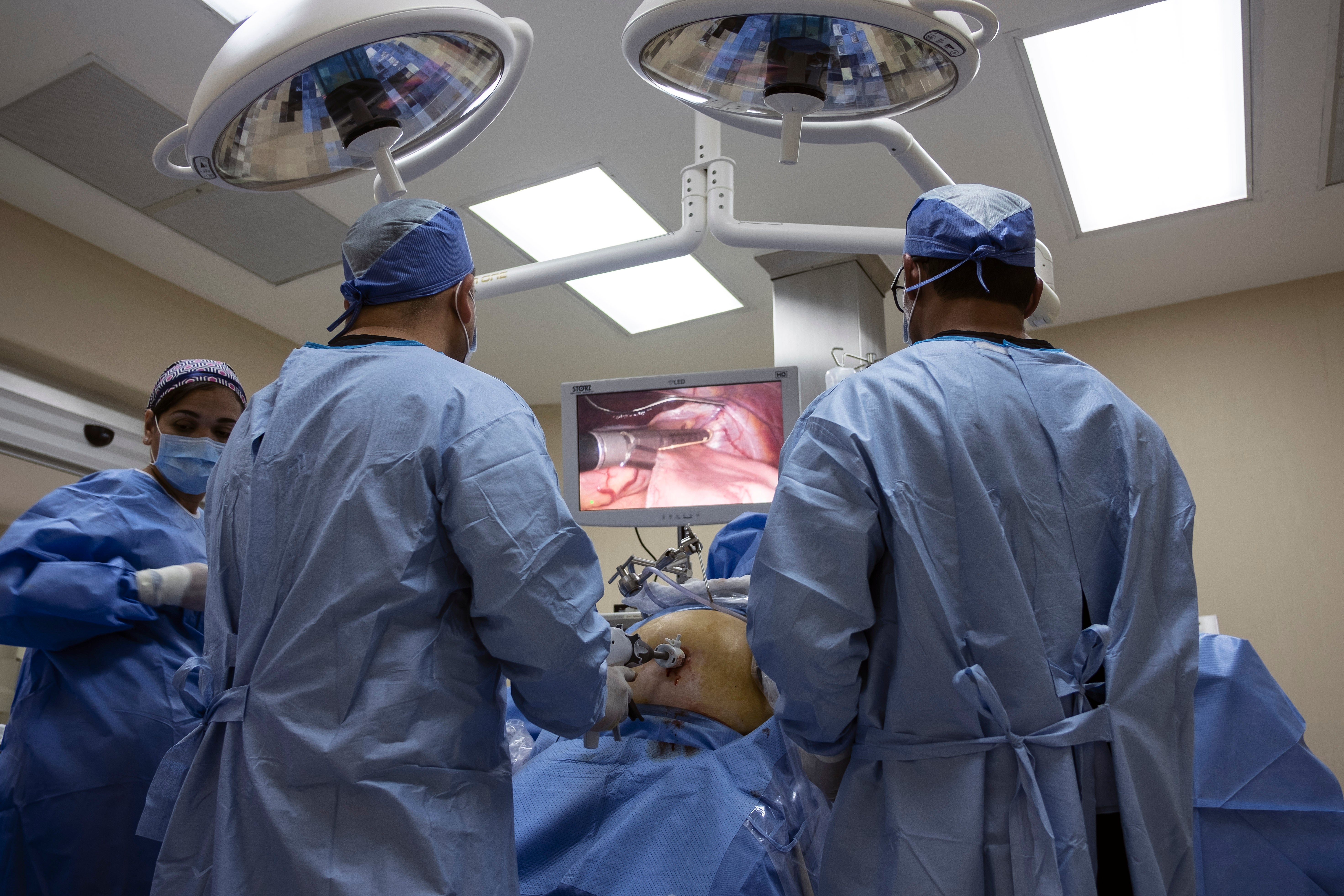Fat tissue discovery may explain why some people easily regain lost weight
Finding may lead to improved strategies for weight management
A kind of memory of obesity may be retained by fat tissues even after weight loss, increasing the chance of some people regaining it, a new study suggests.
The research, published in the journal Nature, sheds more light on the “yo-yo effect” seen with weight loss strategies in which individuals regain lost weight.
The findings, according to researchers from ETH Zurich in Switzerland, can help inform future weight management strategies.
One key goal in treating obesity is to undergo lifestyle changes to reduce body weight to prevent secondary complications like diabetes or fatty liver disease.
People often change their diets and make exercising part of their daily routine to treat obesity. While many of them tend to lose weight in the short term, some regain it over time.

Researchers have suspected this could be driven by a memory of obesity in the body’s tissues, but the exact mechanisms behind this effect was unclear.
In the new study, scientists found that cells from human and mouse fat tissue show gene activity changes that are retained even after significant weight loss.
They found these changes by assessing the RNA base sequences of cells making up fat tissue from 18 individuals without obesity.
They compared these RNA sequences with those from 20 individuals living with obesity before and after weight loss following bariatric surgery, which effectively reduces a person’s stomach volume and food intake.
Researchers also conducted similar analyses and comparisons between fat tissue in lean, obese and formerly obese mice.
In these cases, scientists found differences between the mice fat tissue in the way their DNA is copied into RNA, a process that affects cell activity.
There were also impairments to some metabolic processes such as those involved in the formation of fat cells, which persisted even after weight loss in the mice.
Researchers suspect all these changes may be contributing to weight regain after dieting.
“In summary, our findings indicate the existence of an obesogenic memory in mouse adipocytes and probably other cell types,” they write in the study.
“These changes seem to prime cells for pathological responses in an obesogenic environment, contributing to the problematic ‘yo-yo’ effect often seen with dieting.”
They hope future weight-loss methods targeting these changes in fat and potentially other cells can serve as a long-term weight management strategy.
Join our commenting forum
Join thought-provoking conversations, follow other Independent readers and see their replies
0Comments